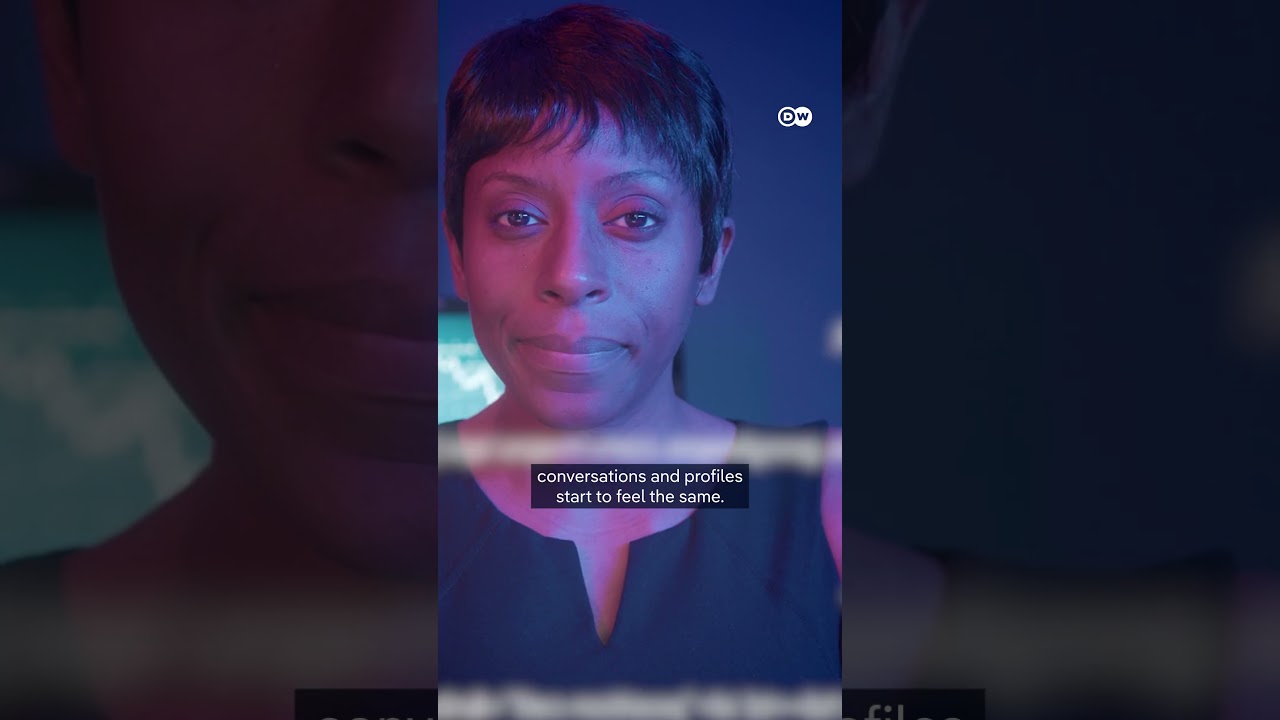The video explores how AI is increasingly used in dating apps to improve profiles and suggest messages, but highlights concerns about authenticity, gender disparities in perceived effectiveness, and the risk of generic interactions. It warns that overreliance on AI can mask true behavior and undermine genuine connections, emphasizing the importance of personal effort and honesty in dating.
The video discusses the growing role of artificial intelligence in the world of online dating, highlighting how dating apps are increasingly using AI to assist users. For instance, Hinge employs AI to analyze users’ profiles and suggest improvements aimed at increasing the chances of matches. Additionally, some AI tools go further by recommending what messages to send, promising to make the dating experience smoother and more successful for those who feel too busy, shy, or unsure of themselves.
Despite these technological advancements, the video points out a significant gender disparity in how helpful people find AI in forming genuine relationships. Only about 10% of women believe AI improves their dating outcomes, compared to 20% of men. Moreover, there is widespread skepticism about the authenticity of interactions on dating platforms, with half of users suspecting that many profiles are actually chatbots rather than real people, which undermines trust in the dating process.
One major downside of AI-generated dating content is its tendency to produce generic and repetitive conversations and profiles. Since generative AI relies on patterns and best practices derived from existing data, it often results in interactions that lack originality and personal touch. This can make conversations feel stale and less engaging, reducing the overall quality of connections made through these platforms.
Another concern raised is the potential for AI to mask problematic behavior. For example, Tinder’s AI can edit out comments that might be seen as offensive or inappropriate, making users appear more charming than they actually are. While this might seem beneficial on the surface, it complicates the ability to identify red flags and unsafe behavior, potentially putting users at risk by obscuring genuine character traits.
Ultimately, the video suggests that relying too heavily on AI for dating communication has its pitfalls. Writing your own messages is recommended because real-life interactions require authenticity and spontaneity that AI cannot replicate. What works well in AI-generated texts might not translate effectively in person, and genuine connection depends on personal effort and honesty rather than automated assistance.
